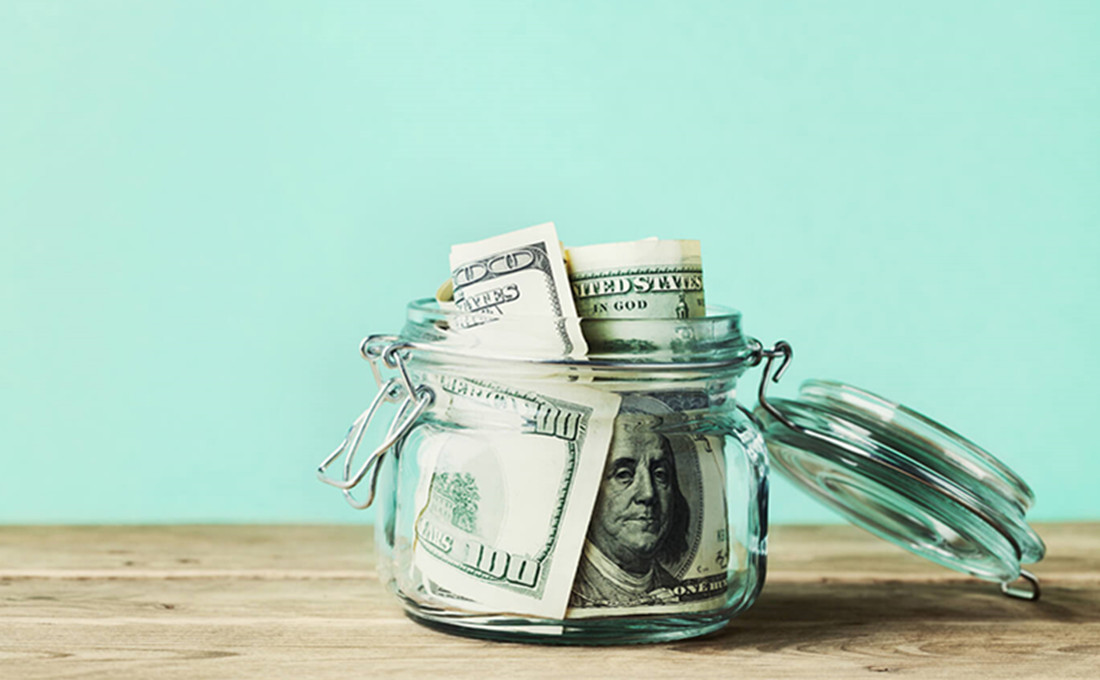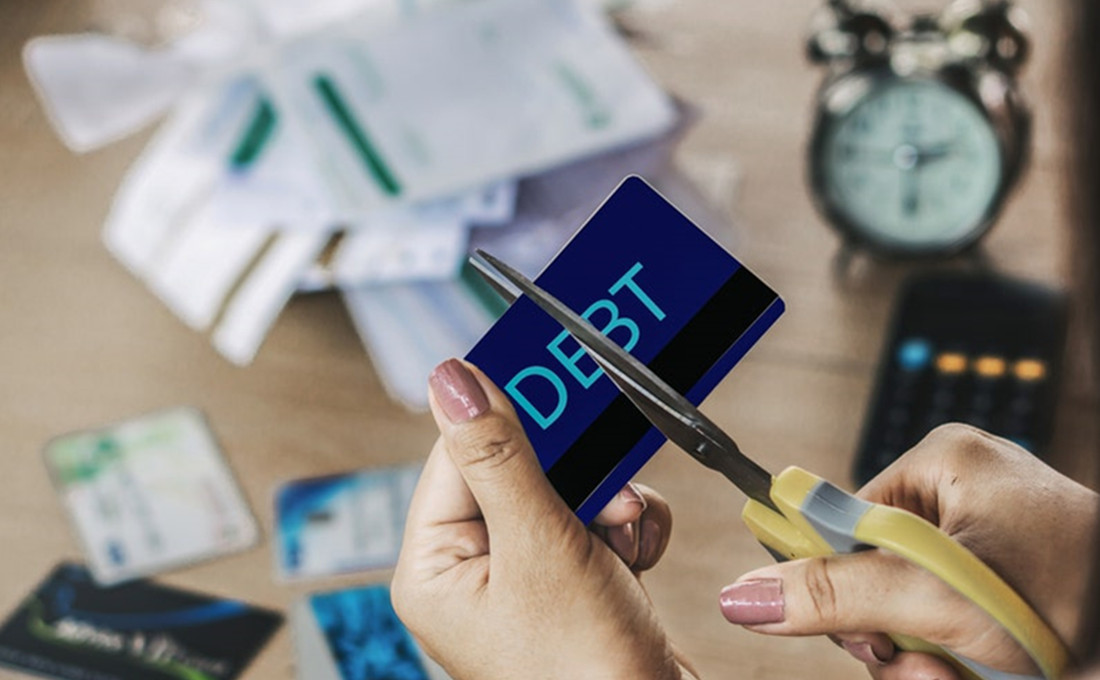An emergency fund is a savings account or other financial instrument that provides for unexpected expenses, such as medical bills and car repairs. It may be called an “emergency” fund because it can help cover the costs of emergencies that are not covered by insurance. The term also refers to any money set aside in anticipation of future needs, including retirement funds, college tuition payments, home improvements, etc. In some cases, this means having enough cash on hand, so you don’t have to borrow from your credit cards when needed. How do save for emergency fund.
Ways to Save For Your Emergency Fund
There are many ways to save for your emergency fund:
Saving automatically through payroll deduction
This method allows employees to contribute pre-tax dollars into their accounts at work. Employees who choose this option typically receive matching contributions from employers. If you’re self-employed, consider setting up automatic deductions from your business checking account. You’ll need to make sure these deposits aren’t subject to income tax withholding before they go into your account.

Savings Accounts
A traditional way to build an emergency fund is with a high-interest rate savings account. These types of accounts usually offer higher rates than regular bank accounts. However, if you withdraw all the money early, you will lose out on those extra earnings. To avoid losing too much money, keep only about 10% of your total balance available each month. This amount should be more than what you would typically spend during one month.
Money Market Savings Account
Money market savings accounts are similar to standard savings accounts but pay slightly better returns. They often come with lower minimum balances and no fees. Some banks even allow customers to open them online without visiting a branch office first
.
Certificates Of Deposit
This is another popular choice for building an emergency fund. Withdrawals are limited to six percent per year until the maturity date. After that time, withdrawals are made at whatever percentage rate applies to the CD’s original investment. Many people use Certificates Of Deposit to supplement their 401. Keeping part of their paycheck deposited directly into a Certificates Of Deposit instead of contributing to their company plan earns interest while still saving for retirement. The downside? Interest earned on certificates of deposit isn’t taxed like ordinary income. So, if you want to maximize how much you put away for your emergency fund, look for investments offering both good yields and low taxes.
conclusion
If you’re looking to start saving for your emergency fund, there are several options available. Each has its pros and cons, But remember, the best approach depends mainly on your situation. Start small and add additional amounts over time. As long as you continue to save regularly, you won’t run out of money.





